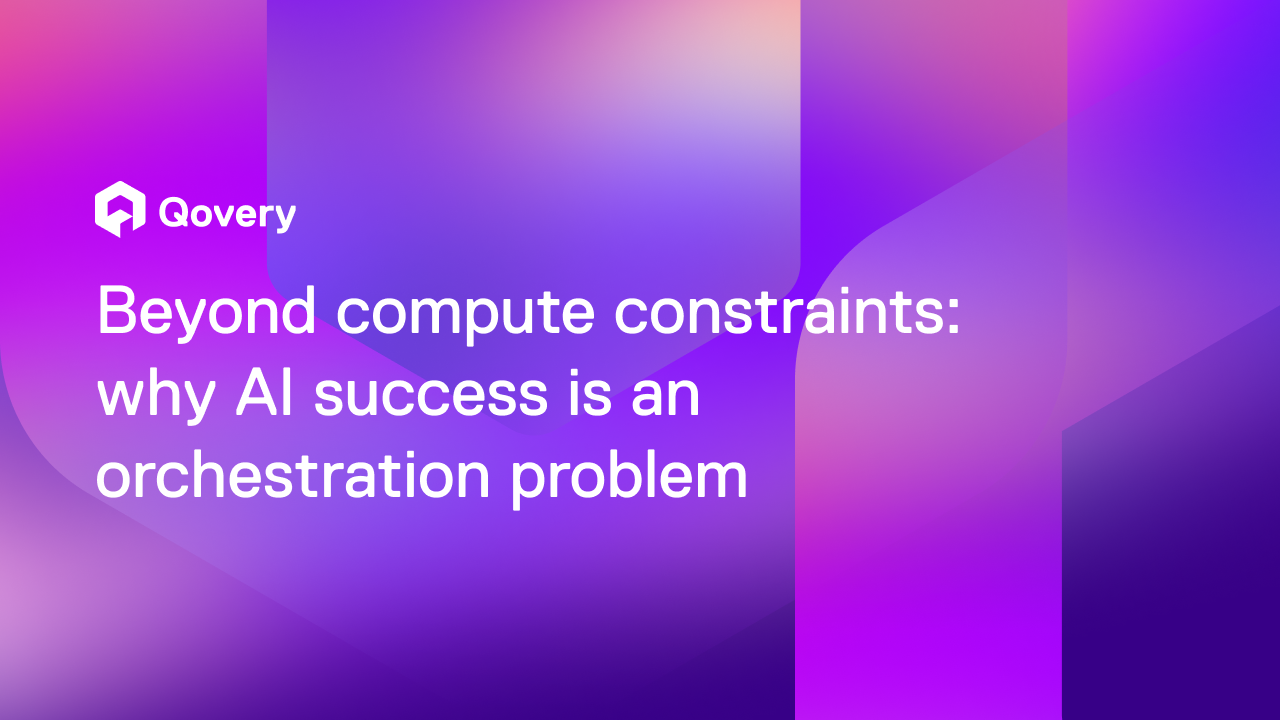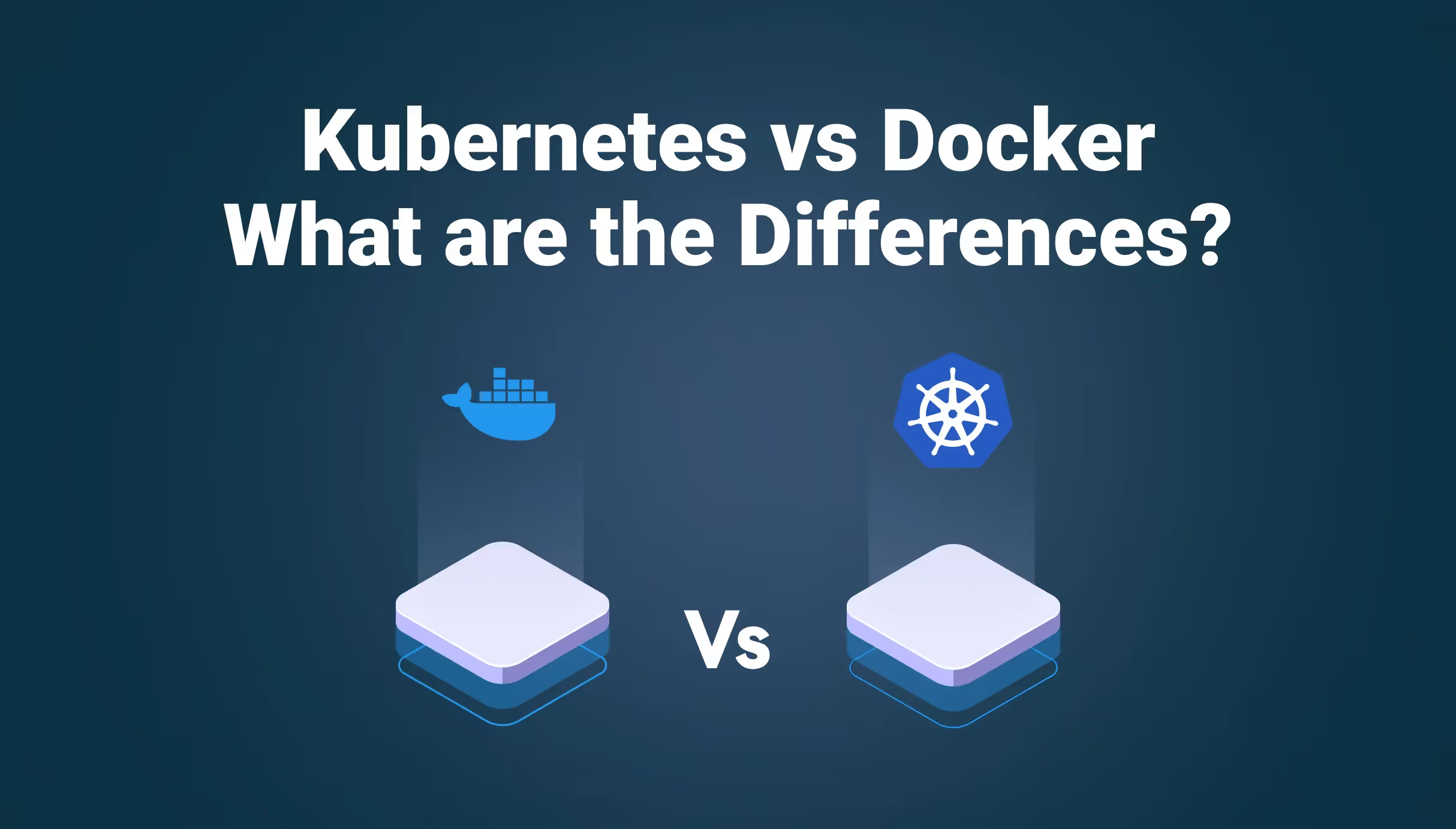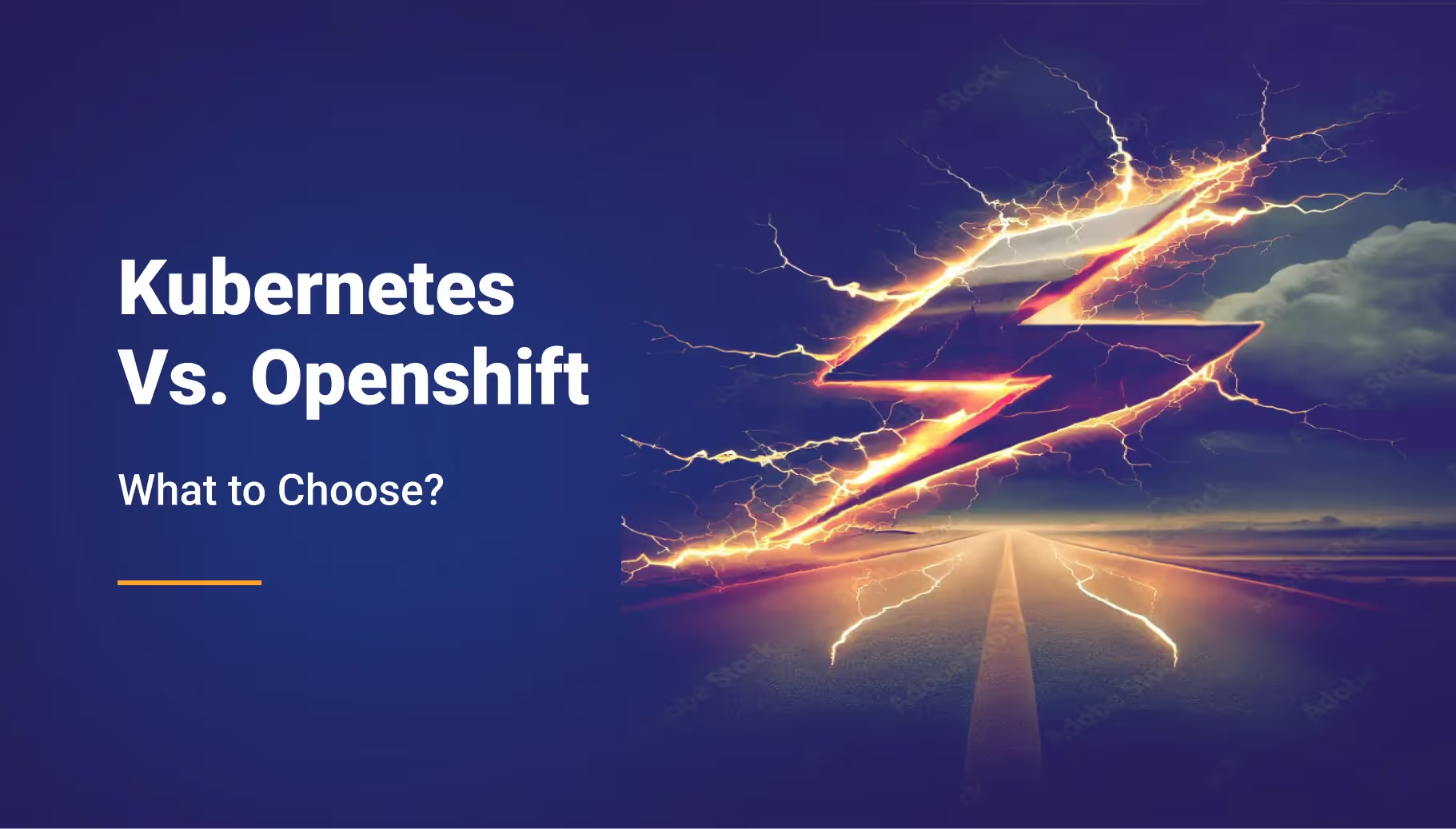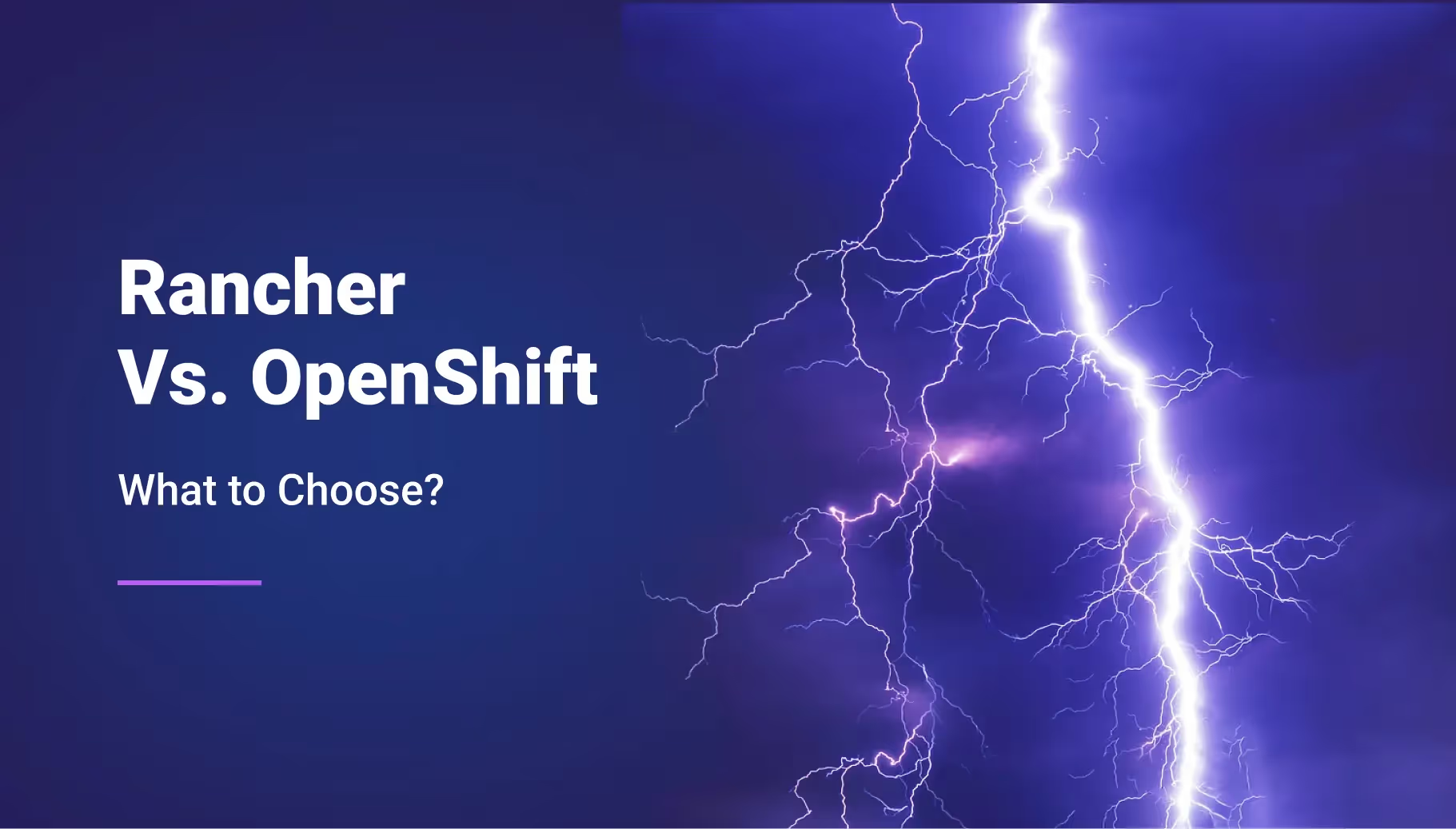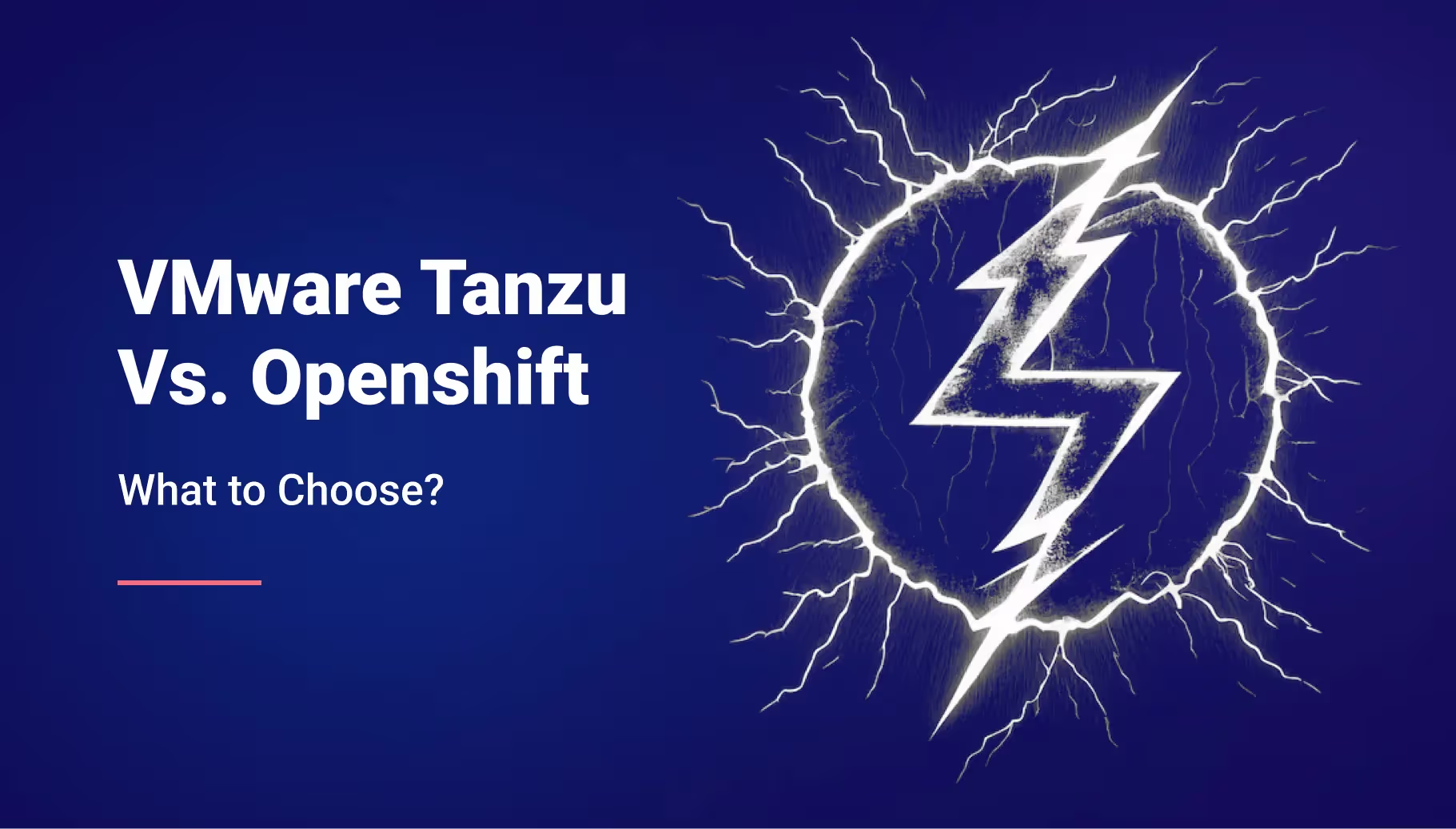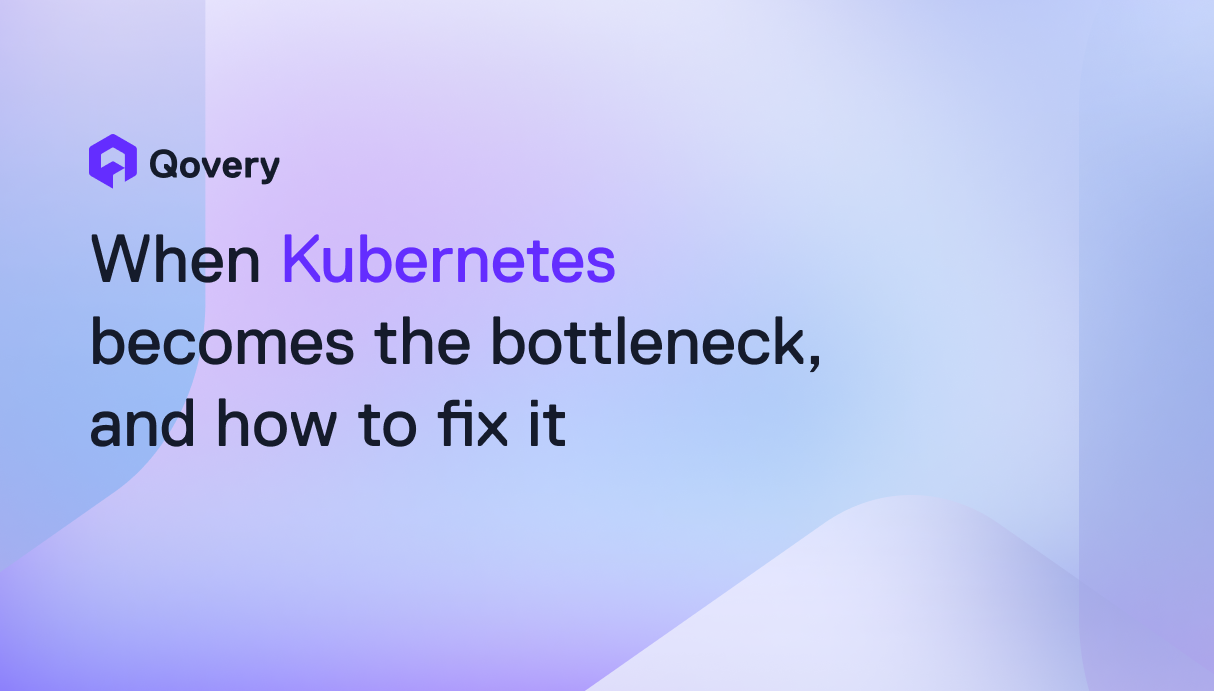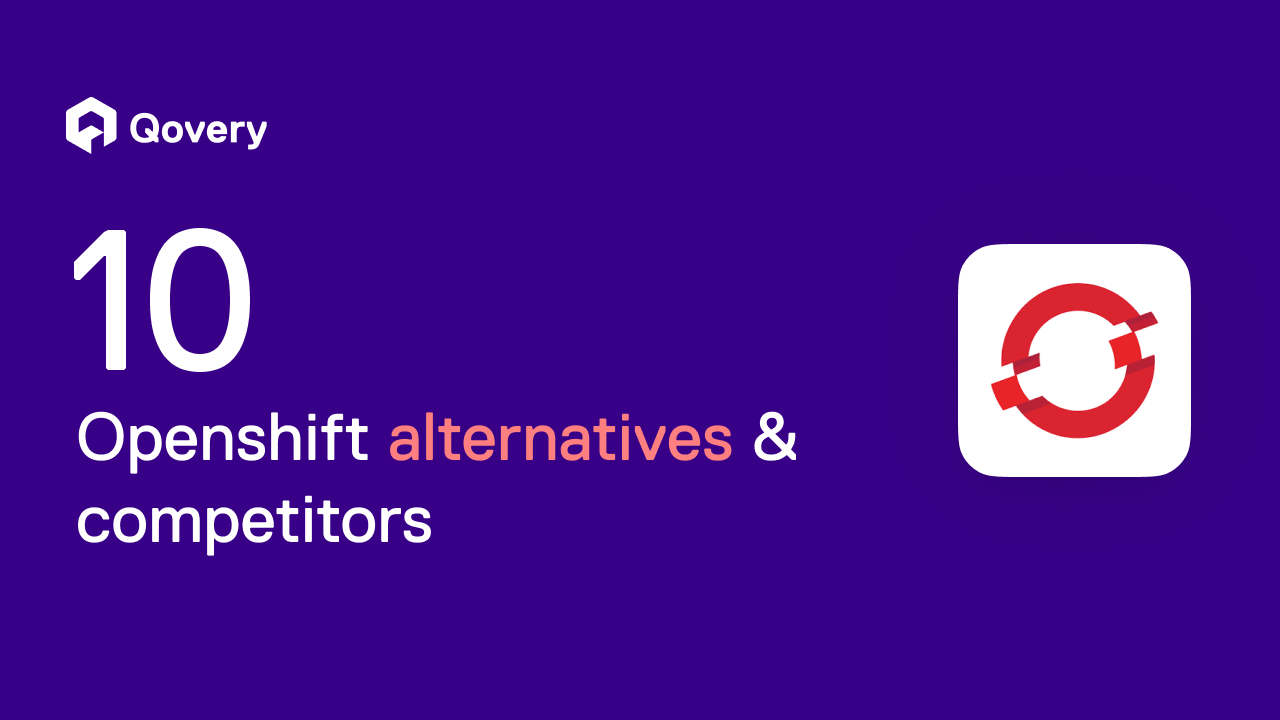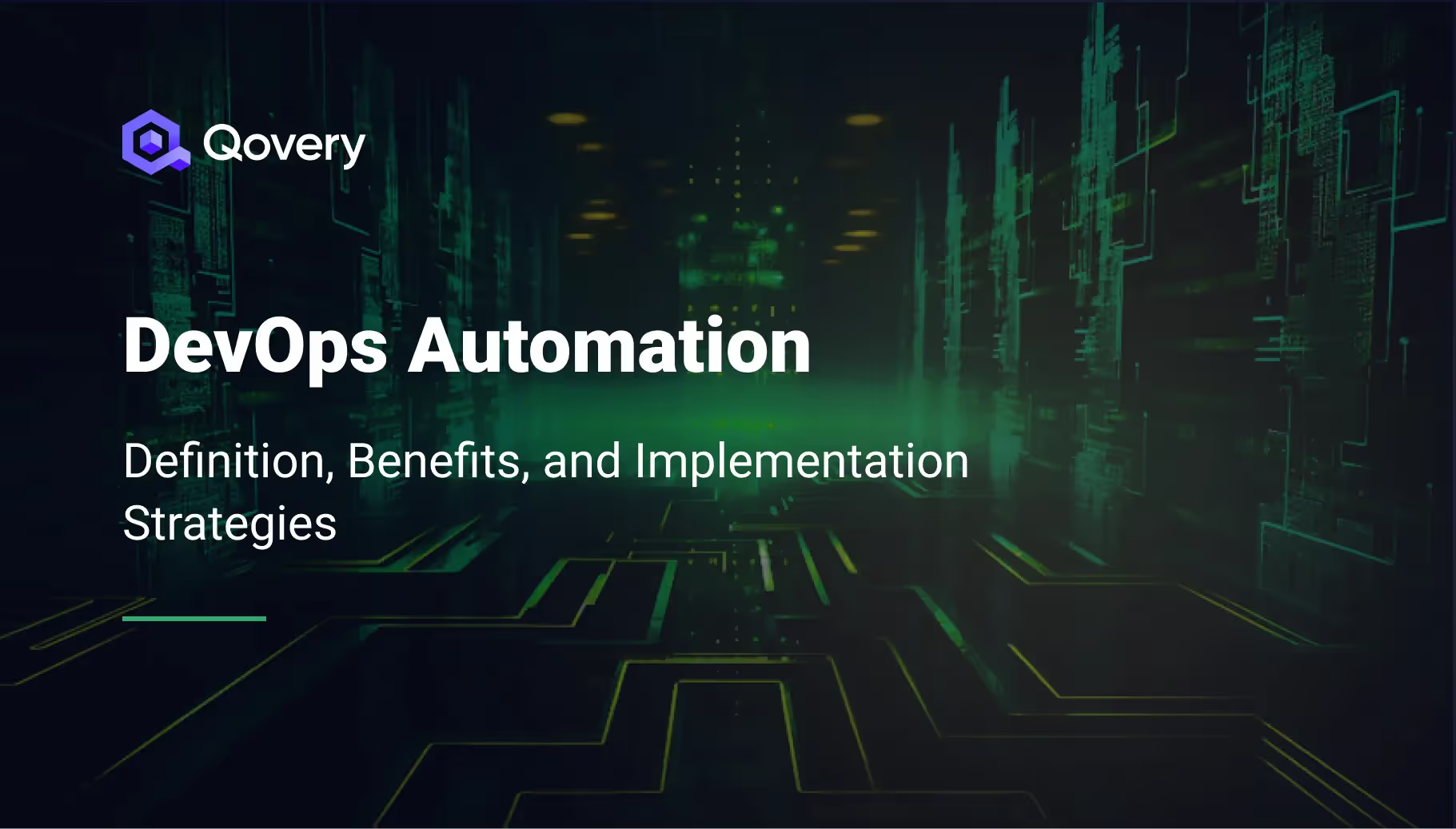

The 3 Best Alternatives to EKS Auto Mode

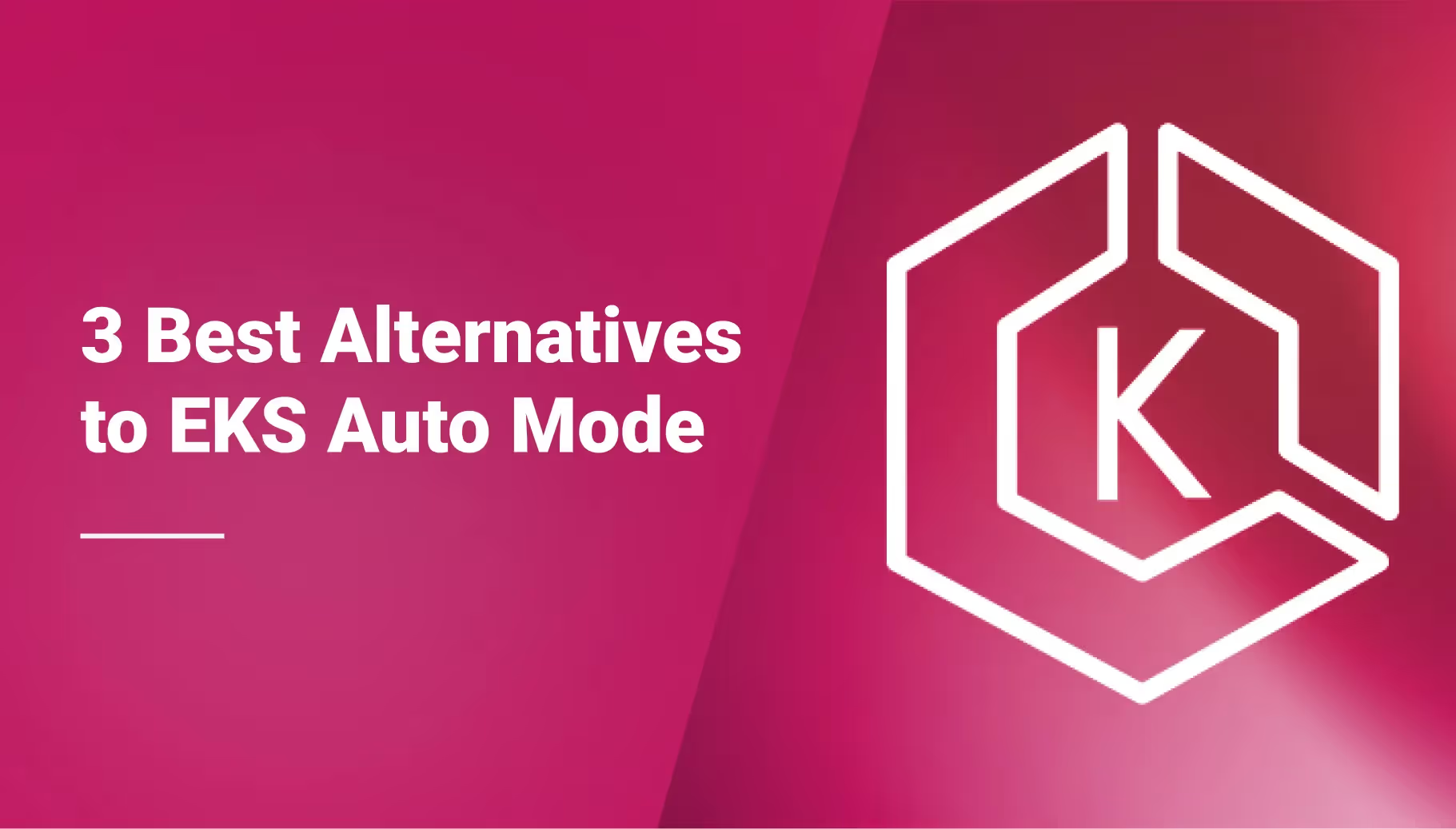

EKS Auto Mode: A game-changer or just another step?
AWS’s EKS Auto Mode introduces a bold promise: making Kubernetes more accessible by automating complex infrastructure management tasks. It’s an enticing prospect, especially for teams seeking to offload operational overhead. But does it truly address the diverse needs of modern development teams?
What it does well
- Compute automation: Dynamically scales EC2 instances based on workload demand, optimizing resource utilization.
- Simplified operations: Handles OS patching, cluster upgrades, and add-on management with minimal user intervention.
- Cost efficiency: Reduces over-provisioning by selecting the optimal instance types for workloads.
- Enhanced security: Incorporates ephemeral compute resources to improve cluster security by default.
Where it falls short
- Developer workflows unaddressed: EKS Auto Mode automates infrastructure but doesn’t improve application deployment or developer productivity.
- Limited customization: Teams requiring advanced configurations or specialized workload management may find it restrictive.
- AWS-exclusive design: While perfect for AWS workloads, it offers little flexibility for teams operating in multi-cloud or hybrid environments.
The real question
While EKS Auto Mode excels in reducing the complexity of managing Kubernetes infrastructure, it assumes that operational simplicity alone is the ultimate goal. For teams prioritizing developer-first workflows, cost-effective scaling, or scalability tailored to fast-growing applications, alternatives exist and might be better aligned with their needs.
The 3 Best Alternatives to EKS Auto Mode
1. Qovery
Qovery transforms how startups and mid-sized companies manage Kubernetes by focusing on developer experience, application agility, and dynamic scaling.
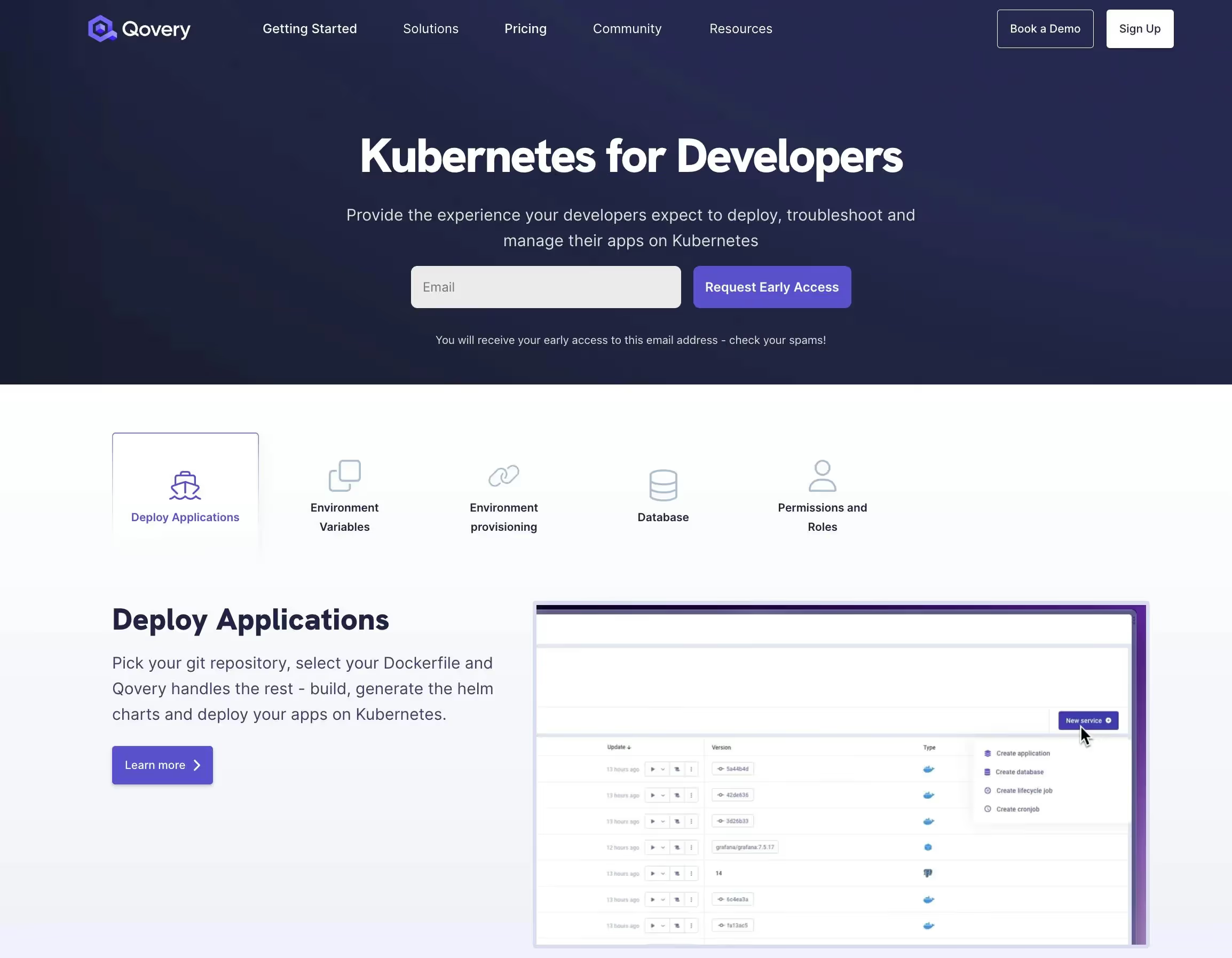
Key features
- Hands-free cluster management: Qovery enforces Kubernetes best practices for networking, scaling, and security by default, removing the need for manual cluster management.
- Developer-first workflows: Qovery’s automation layers simplify Kubernetes so developers can focus on writing code, not managing infrastructure. Features like CI/CD integration, preview environments, and GitOps make deploying applications as seamless as pushing to a Git repository.
- Scalability without overhead: Preconfigured environments for staging and production reduce time-to-deploy, enabling rapid iteration and scaling as business demands grow.
- Cost Efficiency with Karpenter: Native integration with AWS Karpenter ensures optimal EC2 instance selection and dynamic scaling. This allows teams to reduce costs without sacrificing performance, especially for fluctuating workloads.
Why Qovery is a better alternative
Qovery provides a Kubernetes management tool that eliminates the operational complexity of Kubernetes management. By enforcing best practices for scaling, networking, and security, Qovery ensures reliable, hands-free cluster management while empowering developers to focus on building and shipping applications.
With dynamic cost optimization through Karpenter integration, preconfigured scalable environments, and seamless workflows like GitOps, Qovery offers unmatched agility and efficiency, making it the ideal choice for fast-growing startups and mid-sized companies.
2. GKE Autopilot
Google’s GKE Autopilot streamlines Kubernetes operations with opinionated defaults and robust features tailored to production workloads. It’s designed to remove much of the operational burden, making Kubernetes accessible to teams without deep expertise.
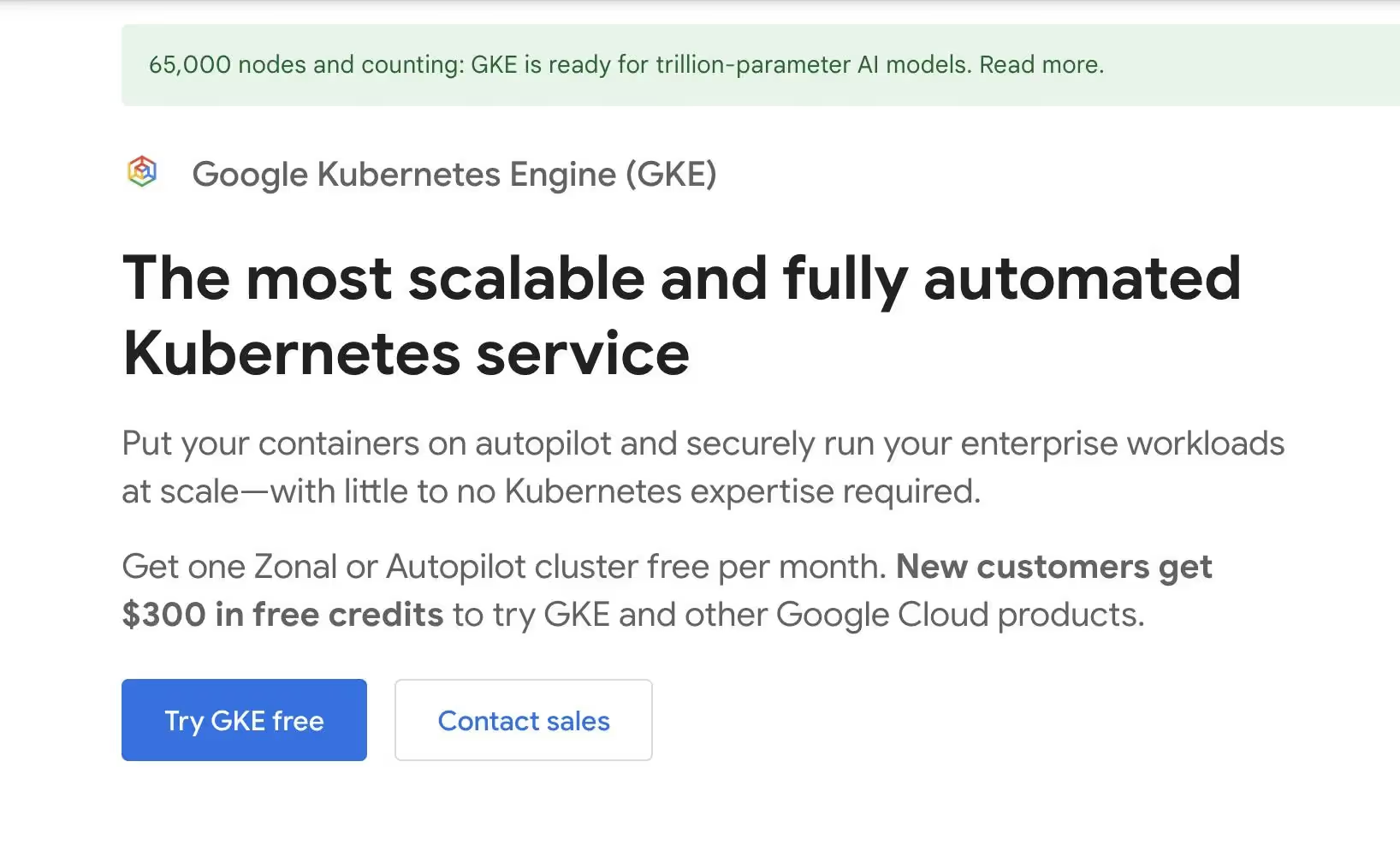
Key features
- Granular workload Isolation: GKE Autopilot enforces strict resource and security boundaries at the pod level. This ensures workloads remain isolated, improving fault tolerance, simplifying multi-tenant applications, and helping teams meet compliance requirements.
- Pod-Level Billing: Unlike traditional node-based billing, GKE Autopilot charges only for the resources consumed by running pods. This model provides precise cost control and transparency, particularly valuable for teams running multiple, variable workloads.
- Seamless Integration with Google Cloud Services: GKE Autopilot deeply integrates with Google’s ecosystem, offering native compatibility with tools like BigQuery for data analytics, Vertex AI for machine learning, and Cloud Spanner for distributed databases. This makes it a top choice for data-driven and AI/ML-intensive workloads.
Why GKE Autopilot is a better alternative
GKE Autopilot is ideal for teams embedded in the Google Cloud ecosystem who prioritize simplified operations, precise cost management, and workload isolation. It’s a great fit for organizations running data-intensive or AI-driven applications that require robust cloud-native integrations.
3. Platform9
Platform9 offers a SaaS-based Kubernetes management platform, enabling consistent operations across diverse infrastructures, whether on-premises or cloud-based.
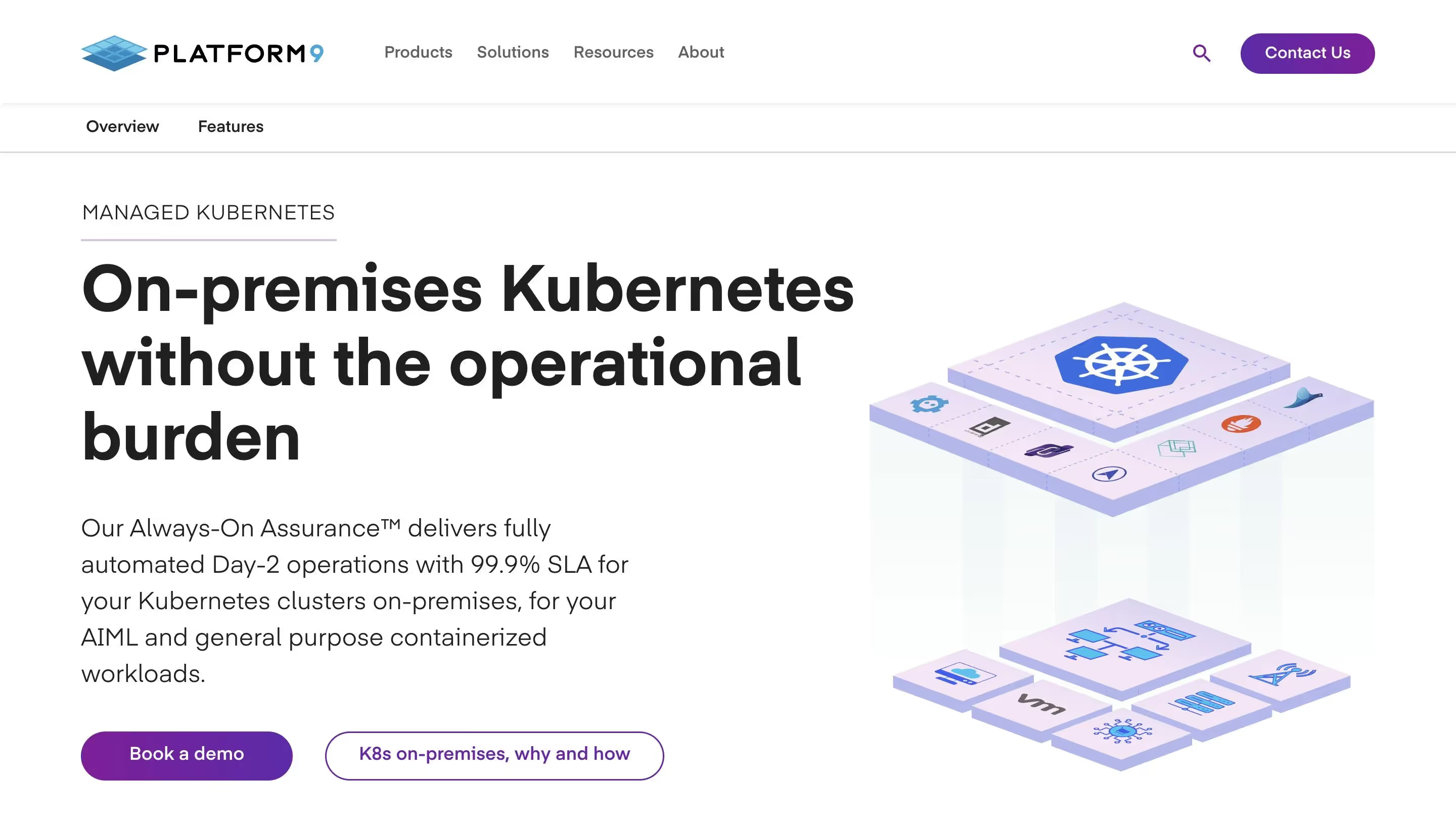
Key features
- Consistency across environments: Platform9 centralizes Kubernetes management, providing a unified experience for clusters running on AWS, Azure, or private data centers.
- No vendor lock-in: Uses upstream Kubernetes, ensuring compatibility with the broader Kubernetes ecosystem and avoiding reliance on proprietary tools.
- Operational simplicity: Automates lifecycle tasks like patching, upgrades, and scaling while providing robust monitoring capabilities.
Why Platform9 is a better alternative
Platform9 excels at delivering consistency and control across complex environments, making it a strong choice for enterprises with hybrid or multi-cloud strategies.
Conclusion
EKS Auto Mode simplifies Kubernetes operations, but it doesn’t fit every use case. For growing startups and mid-sized companies seeking an application-first Kubernetes experience, Qovery offers a superior alternative with its focus on developer productivity, cost optimization, and scaling agility.
Discover Why Developers and DevOps Teams Choose Qovery
If you’re looking for an alternative solution that goes beyond simple container management and offers a unified experience across local and production environments, give Qovery a try! Not only does Qovery streamline deployment and cloud application management, but it also automates many DevOps tasks, allowing you to focus on what you do best: developing.
- 🚀 Sign up for Qovery’s trial.
- 📅 Book a demo to discuss how Qovery can accelerate deployments for your team.

Suggested articles
.webp)



.svg)
.svg)
.svg)
